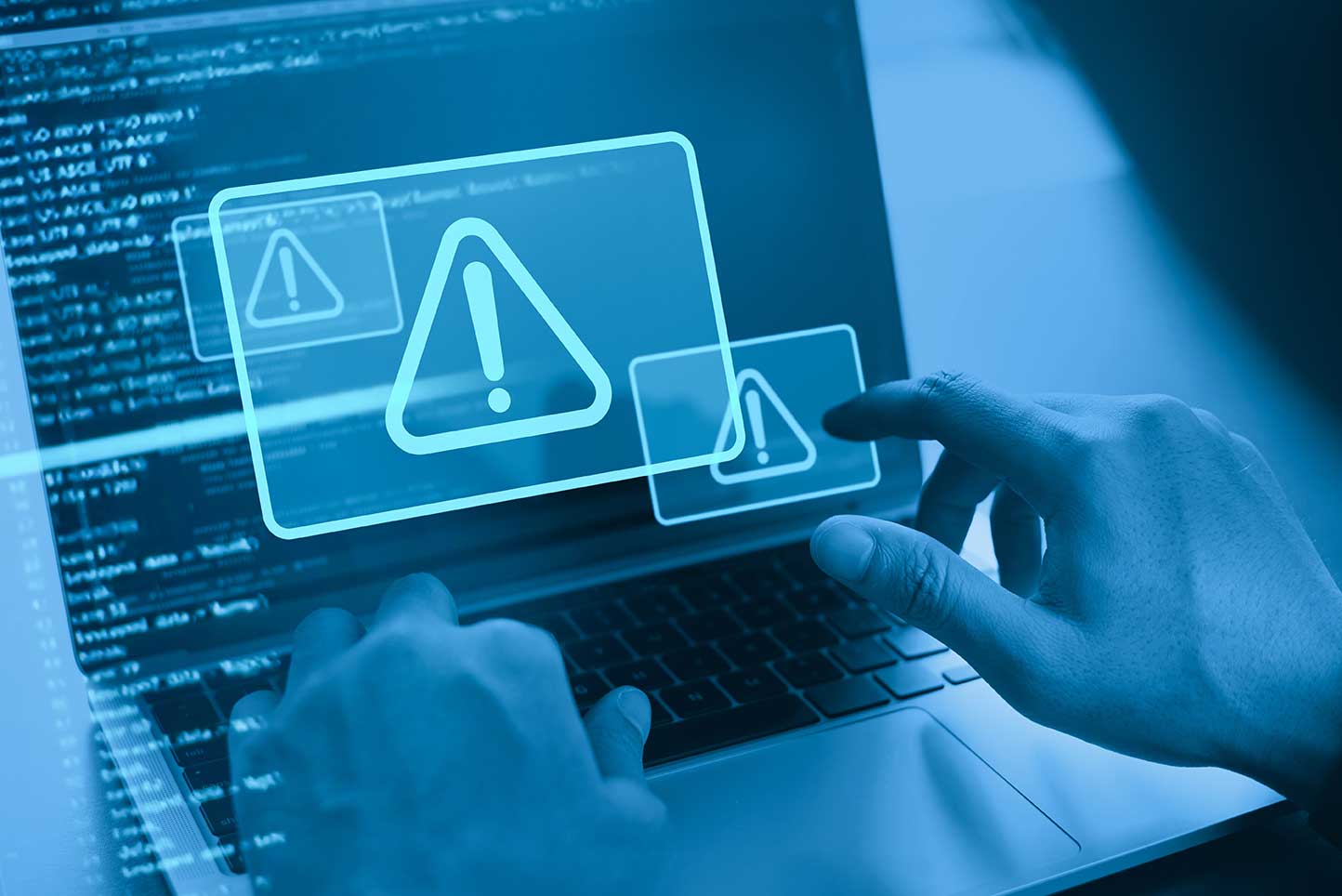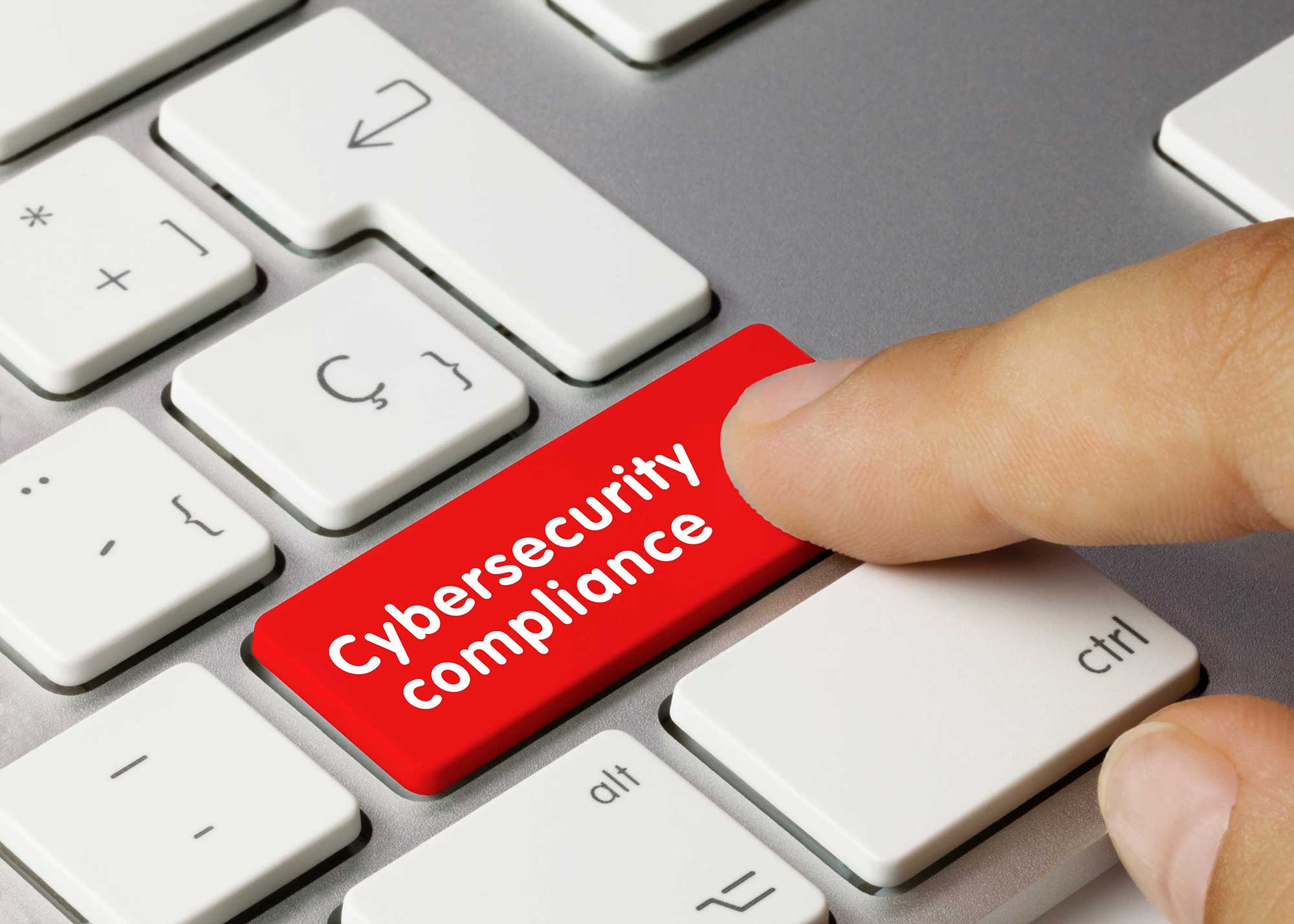As the prevalence of remote work continues to rise, so does the vulnerability of companies to cyberattacks. Implementing robust security measures is crucial for safeguarding business continuity and protecting sensitive data. Here’s a detailed look at key strategies that companies can adopt to secure their remote workforce and mitigate cyber threats.
Implement Strong Authentication Protocols
Foundational to securing a remote work environment, strong authentication protocols ensure that accessing corporate data requires more than just a password. Multi-factor authentication, which might include passwords coupled with biometric verification and one-time codes sent to mobile devices, significantly enhances security.
Use Secure and Approved Communication Tools
Companies need to provide employees with communication tools that comply with security standards. These tools should be equipped with end-to-end encryption, ensuring that data in transit remains secure from unauthorized interception.
Regular Software Updates and Patch Management
Cybercriminals often exploit vulnerabilities in outdated software and operating systems. Enforcing policies that mandate regular updates and patch installations can close significant security gaps, protecting against such exploits.
Secure Home Networks
The security of home networks is a critical aspect of remote work. Companies should extend IT support to help employees secure their home internet setups, including changing default router passwords and implementing firewall protections.
Comprehensive Cybersecurity Training
Human error is a major security vulnerability. Conducting regular training sessions helps employees recognize phishing schemes, understand the importance of strong passwords, and learn secure practices for handling sensitive information.
Data Encryption
Encrypting data stored on any device is crucial. Even if a device is compromised, encryption ensures that the information remains inaccessible. Applying this practice universally, for data at rest and in transit, fortifies data protection.
Use of VPNs
Virtual Private Networks are essential for remote workers to securely connect to company networks. VPNs encrypt internet traffic, safeguarding work-related activities from exposure on public or insecure networks.
Regular Security Audits and Penetration Testing
Performing security audits and penetration tests regularly helps identify and address vulnerabilities. These proactive measures ensure that security protocols are both effective and up-to-date.
Implementing Zero Trust Security Model
The Zero Trust model assumes that no entity, whether inside or outside the network, is trusted. This approach requires strict identity verification for anyone trying to access network resources, enhancing security across the board.
Incident Response Plan
A robust incident response plan is essential for quickly addressing cyber threats. This plan should detail procedures for mitigating damage, communicating with stakeholders, and recovering compromised data.
Securing a remote workforce is a dynamic challenge that necessitates ongoing vigilance and adaptation to emerging threats. By adopting these strategies, companies not only protect their operational data but also foster a culture of cybersecurity awareness that enhances their overall defense mechanisms. As remote working becomes more common, so should the commitment to robust cybersecurity practices to safeguard both organizational assets and employee privacy.




